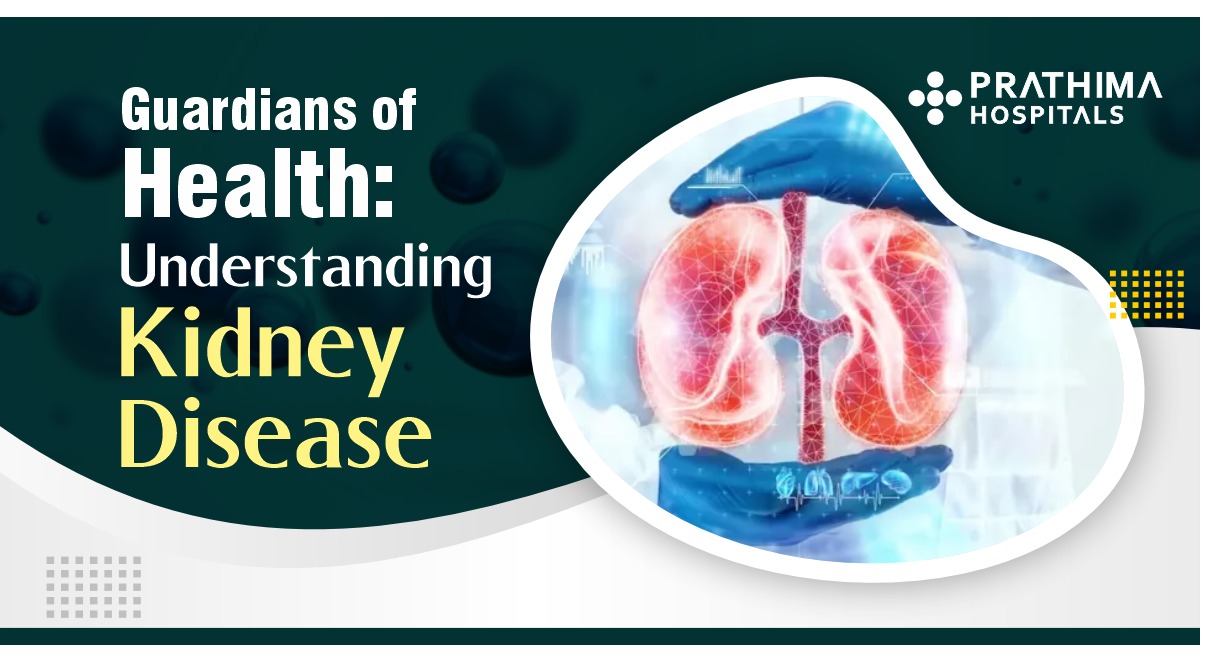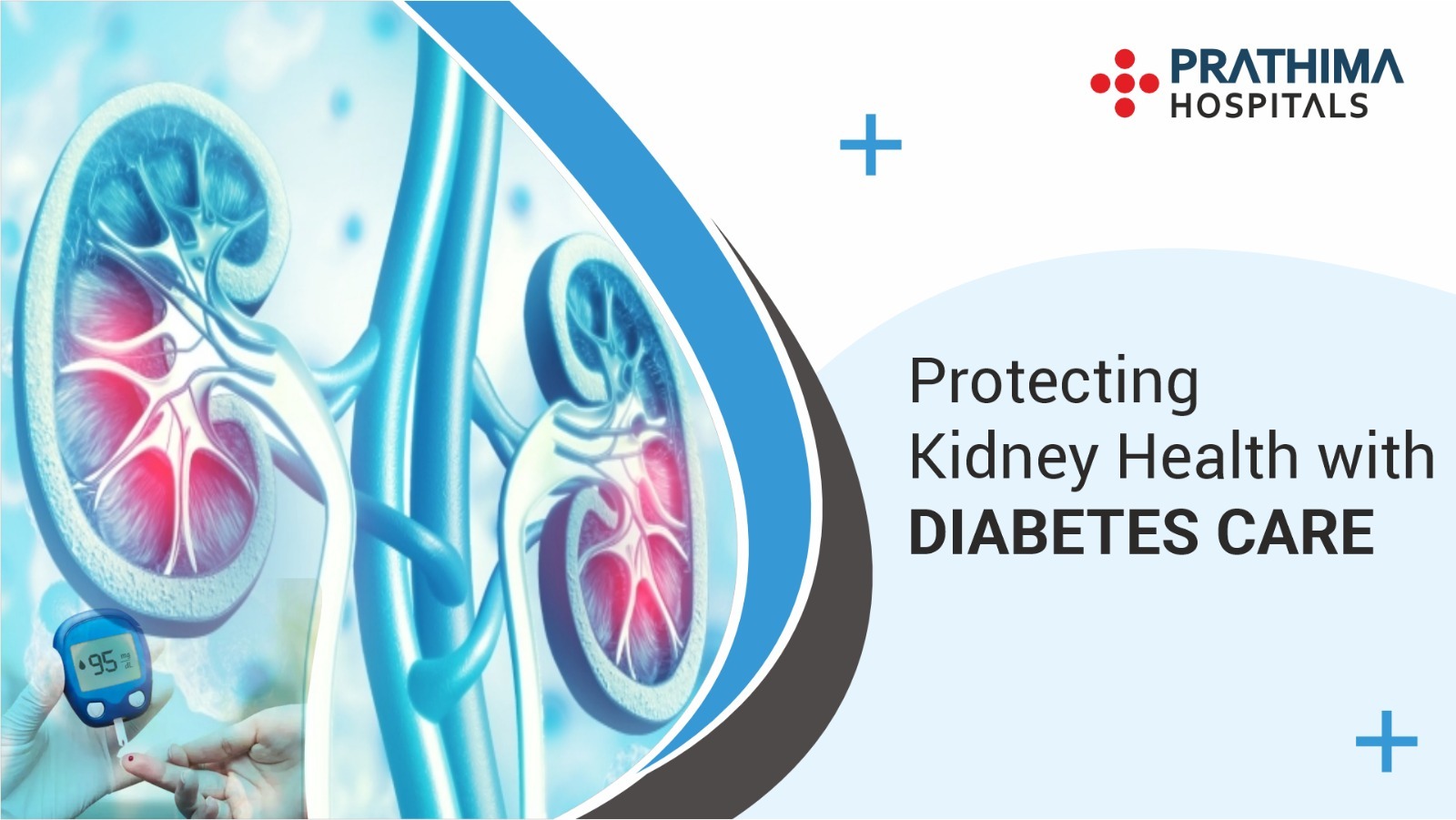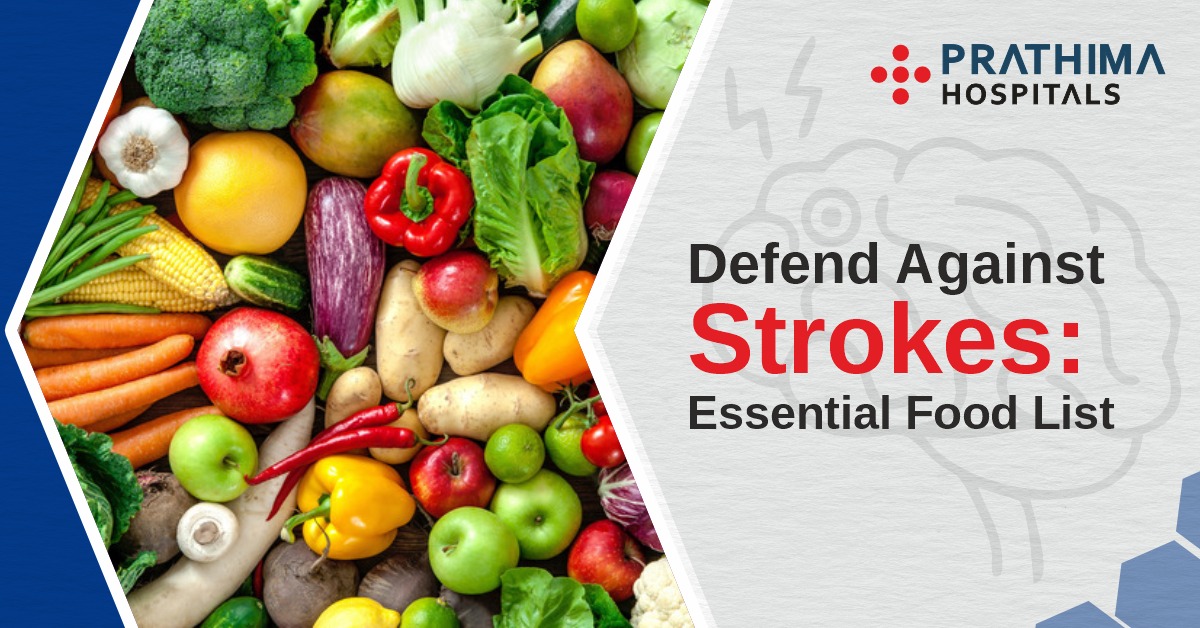Common problems and challenges in Breastfeeding

Breastfeeding is the only way for infants to gain the best immunity system. This has to start right from day 1. Due to a lack of awareness of the best practices of breastfeeding and unable to handles the pain for a long time by mothers, infants are lacking in having breastfeeding.
To overcome these situations there are a couple of best practices to follow by mothers to produce enough milk for their babies. Let’s have a look into them.
Sore Nipple: Most of the mothers after delivery experience some sort of sore nipples during the first week. This is a crucial time to manage and feed babies with breast milk properly. Ensure your baby latches on correctly. After each feeding use the figure to break the suction to prevent sore nipple. If it is not happening as said, it may cause breast swollen and pain.
Discomfort due to the sore nipple can manage by placing ice or frozen peace against the sore nipple. Letting your nipple dry during the feeding gaps will also helpful. At the starting of breastfeeding baby usually sucks more actively, so make sure to avoid sore nipple while starting breastfeeding.
Using perfumes and soaps makes nipples become drier and sometimes may experience cracked nipples, so better to avoid soaps and perfumes which will cause more dryness.
Changing clothes of yours frequently and using cotton clothes most of the time will help to reduce the chances of sore nipples.
Worried About Enough Milk to produce for your baby
Usually, babies wetting their diapers six to eight times a day means, they are sucking enough milk. This is one of the common checks to consider. Another myth usually mothers have is, depends on breast size milk production may vary, but it is not the fact. Producing enough milk for your baby purely depends on healthy nutritious foods taken by the mother.
Don’t hurry if the milk is not producing sufficient for your baby and rush to feed with formula milk. Another most important thing is, don’t feed the baby with plain water. Your baby needs enough milk the whole day, so be prepared to have a healthy diet to produce a sufficient amount of breast milk.
Breastmilk storage for a whole day to feed the baby
Working women may need to take sufficient time, at least a few days or 2 weeks to use the pump to extract the milk. Even it will take some time to practice feeding through the bottle. Breast milk can be stored and use till 48 hours by keeping in the refrigerator. This is also a safe method to feed babies with mothers’ milk. Breast milk can be stored in the refrigerator for up to 6 months. But never use to warm up breast milk in the microwave, the microwave may kill immune-boosting nutritional values.
Breast Fullness
It is a common thing at the time of breastfeeding. The mother may feel breast full of milk, this is quite natural and healthy only. But the mother should take some precautions to avoid the congestion of blood vessels in the breast, by taking a hot shower bath or applying an ice pack. Neglecting such minor things may lead to swollen and painful breasts.
Breast Infections
Breast infections happen occasionally due to bacteria enters into the breast. This happens due to various reasons. The sore nipple is one of the reasons for breast infections. Breast infections may lead to flu, fever and fatigue. When recognized any symptoms, it is important to consult a doctor. Breast tenderness can be relieved by applying moist heat, at least 15 to 20 minutes.
Stressbusters
Stress is another major issue face by most of mothers after delivery. This is because of excessive hormonal imbalance. Controlling stress levels before starting breastfeeding will enhance milk production. Stay relaxed as much as possible, before and while feeding baby.
Some of the important points for consideration
- Sitting posture should be proper
- Prepare yourself before start feeding
- Stay calm and relaxed before and during breastfeeding
- Clean the nipples before start feeding
- Maintain good hygiene while holding the baby
- Take hot water bath (preferably)
When to consult a doctor
- If your breast become reddish in color, swollen or sore nipple
- Unusual discharge from nipples
- Baby not gaining weight even after a week or two
- Interrupted feeding due to lack of milk
- Uncontrolled stress or blood pressures





